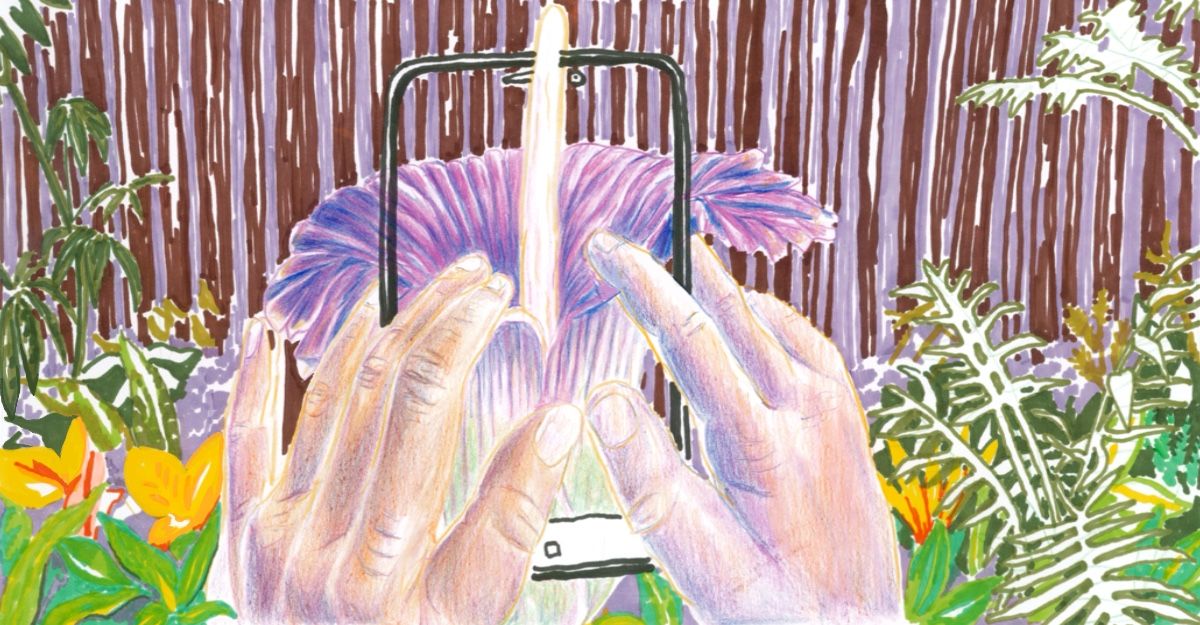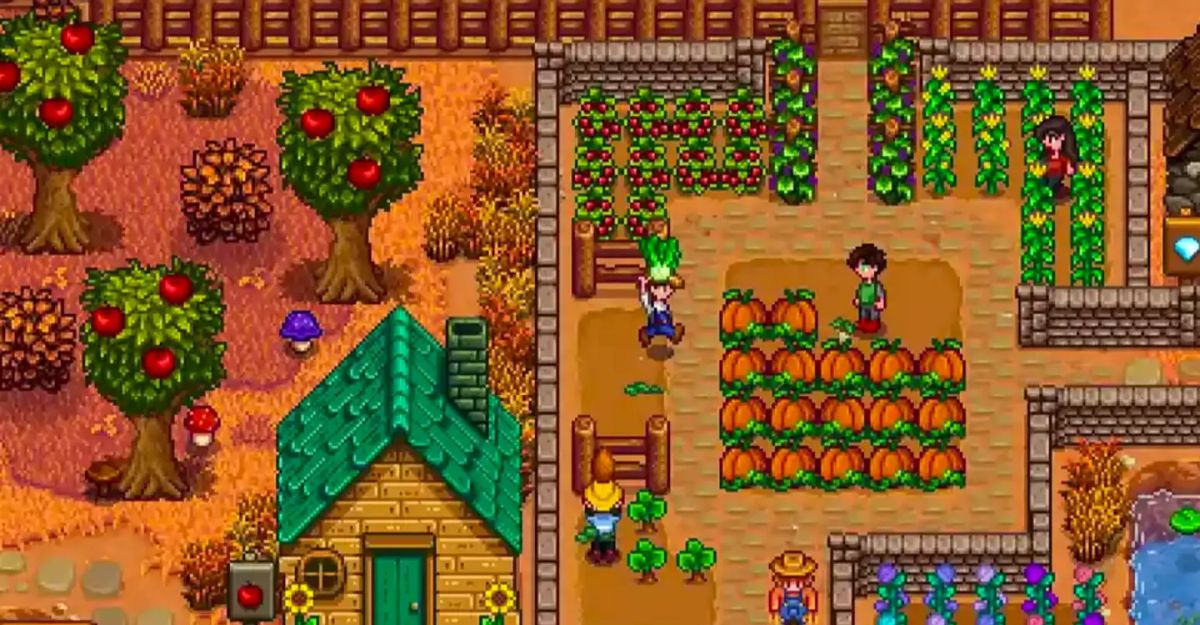Set off later than we meant to. At home, we’d been nagging about dishes,shopping lists, the bike with the chain hanging. Now, with the light going, we flash our mobile phones
to find a path in the forest back to the train station. Pure white feathers flare across black mud.
The blood is cold, solid, no splattering. So it doesn’t look fresh. I’m not sure
if we came past this spot earlier. Its body opened, luminous red, neck gone, eyes empty;
abandoned to death. We stand over it. Each fine-boned feather perfect.
There’s no evidence of a criminal, no tracks, only soft blank mud; we heard no struggle,
no screams, no scuttling away in the dark. We keep walking, become disorientated,
walk past it again, this time only white feathers strewn in pitch dark. The body is stolen, and still
we’ve not heard or seen anything. When we get to the sturdy well-lit bitumen
I can’t look at him. Just say: I can’t see you anymore.


